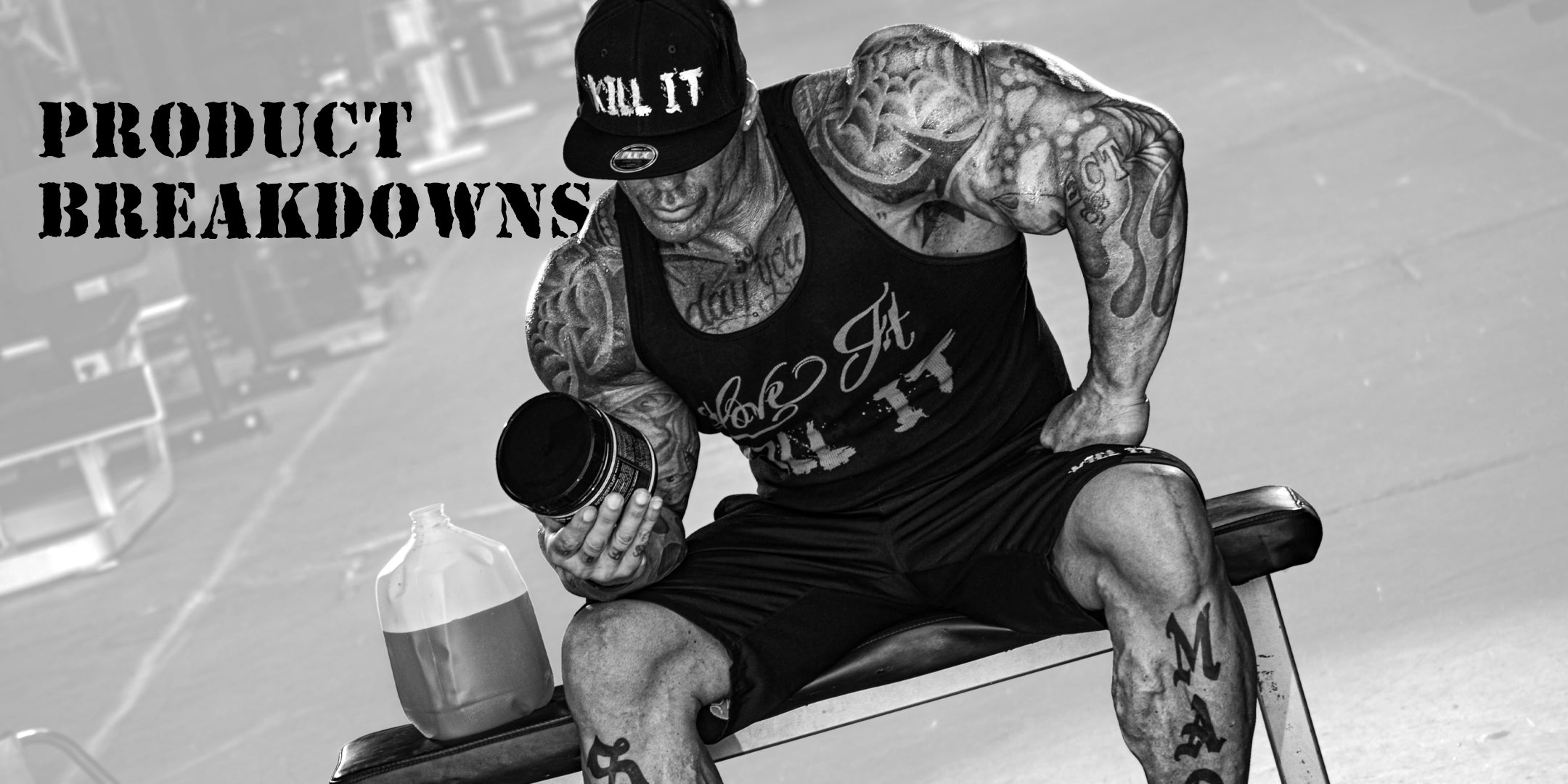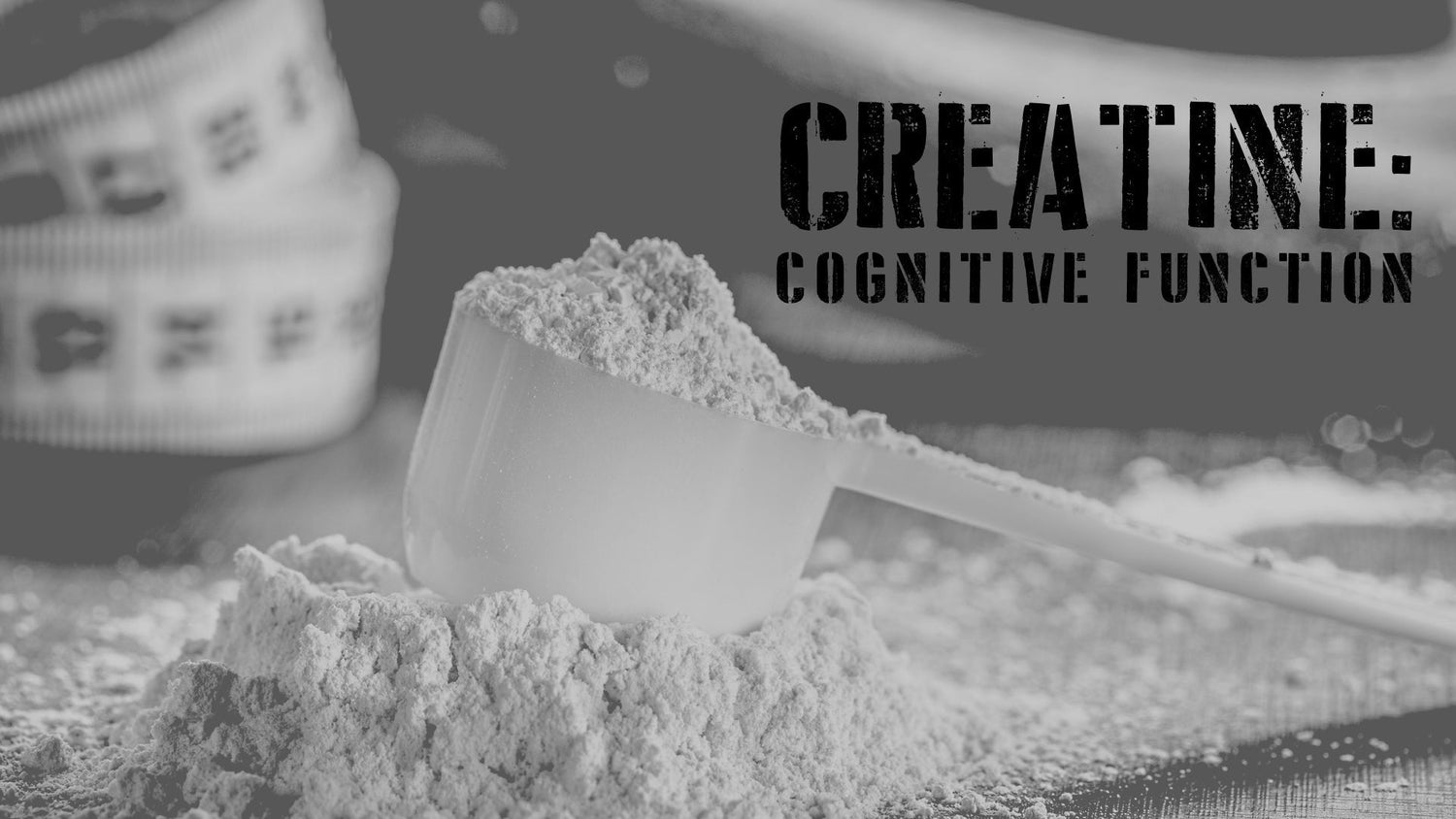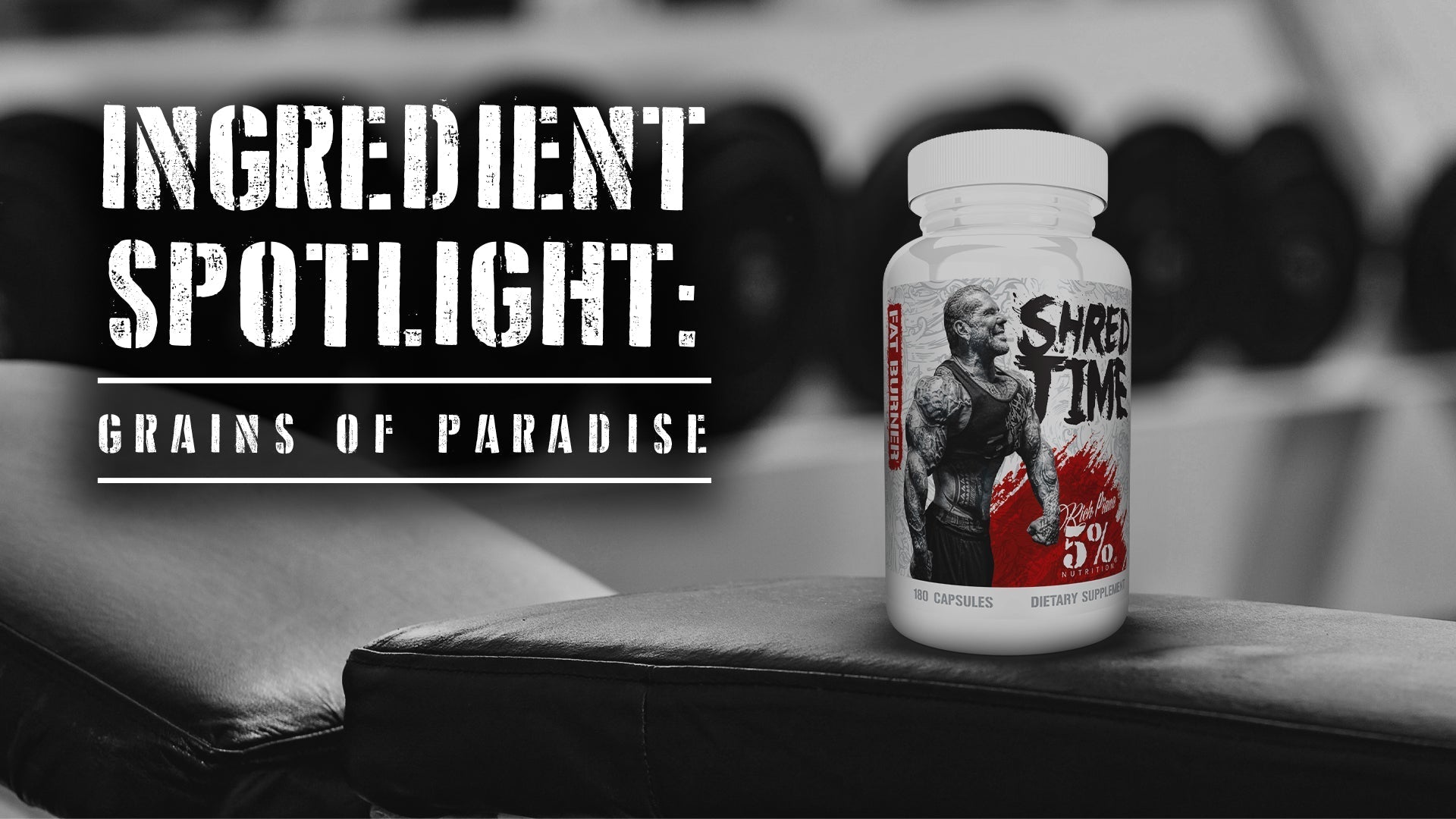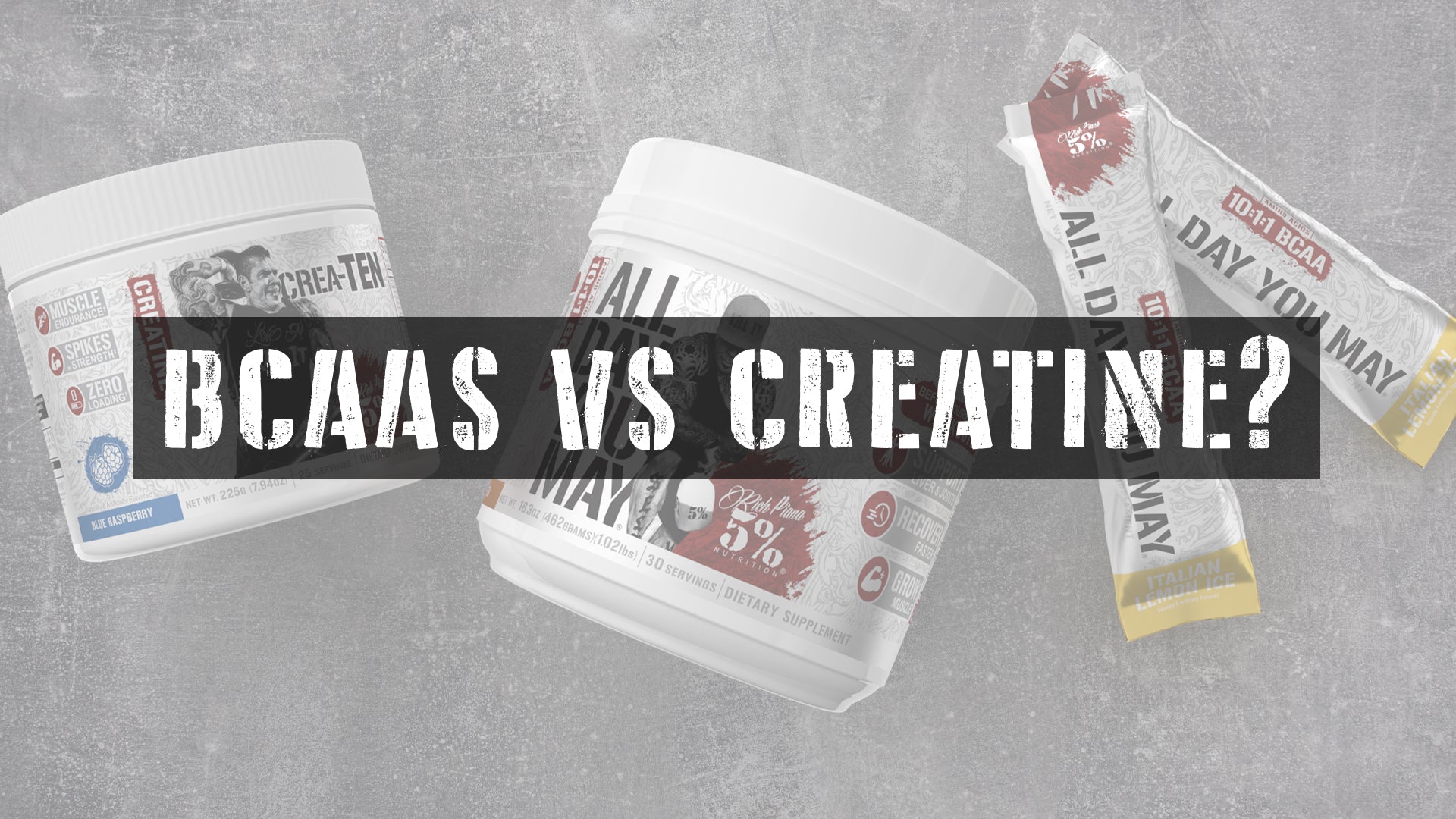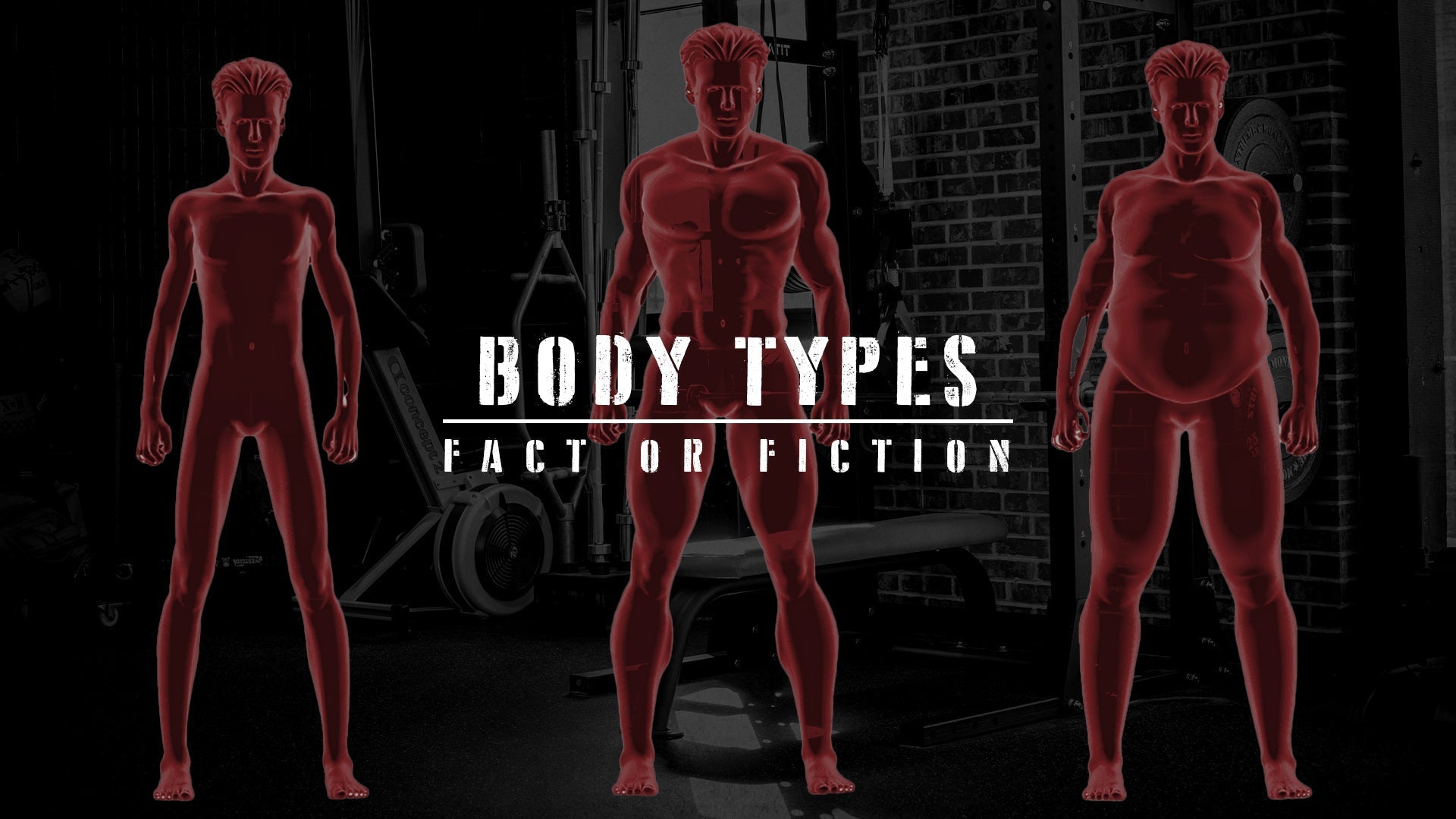One of the most popular supplements currently available is creatine. Long known as an effective tool in your mass-building arsenal, creatine has recently become widely used for recovery. It’s also been discovered to have a positive role in cognitive function, and more.
A Look At Creatine
Creatine occurs naturally in meats and fish. It's produced from the amino acids methionine, arginine, and glycine. In 1993, creatine monohydrate was introduced as a breakthrough new bodybuilding supplement. Yet it didn’t come to the market easily.
Creatine Rewrote The Book On Bodybuilding Supplements!
At the time, the mega-weight gainers were all the rage. We’re talking about the huge buckets and bags of gainers that promised 4,000 to as many as 9,000 calories per serving. Now imagine how well the idea of a new, zero-calorie supplement called creatine went over. As you might think, none of the big supplement companies of the day wanted anything to do with it. So the men behind creatine created their own company and launched “Phosphagen”, the first creatine monohydrate powder for bodybuilding use. Of course, it took the supplement world by storm, and it wasn’t long before everybody jumped on the creatine bandwagon and introduced their versions. Its influence cannot be overstated. It’s popular, inexpensive, tested, and proven effective time after time.(1,2)
A Brief Look At The Benefits Of Creatine
About 95% of your body’s creatine level is stored in the muscles (as phosphocreatine) and converted to ATP as needed as part of the Phosphagen or ATP-CP system of energy. It's also the original cell volumizer, which means it pulls water into the muscles for huge pumps. Plus, as noted it's recently been shown to have recovery and cognitive benefits.
Creatine And Cognitive Function
Just like your muscles, your brain depends on ATP for energy. Also like your muscles, your brain stores creatine (the remaining 5% not used by your muscles). In fact, your brain uses creatine to help complete difficult tasks. Recent studies have shown that creatine is helpful for short-term memory and reasoning, especially in older lifters. It may also play a role in the production of the neurotransmitter dopamine. Plus, your body may have low creatine stores if you don't eat much meat. This can compromise optimal cognitive function. Supplementing creatine can help increase creatine stores to normal levels.(3,4,5)
Most, if not all, of the research uses creatine monohydrate and 5% Nutrition has it - Core Creatine Monohydrate. We also have the legendary Crea-TEN, a multi-creatine formula that tastes delicious.
Other 5% Nutrition Products For Cognitive Function
Leave it to 5% to cover your cognitive needs with Core Nootropic and Mentality Nootropic. You can take mental enhancement to the next level by adding these formulas to your arsenal. Not to mention Kill It and Kill It Reloaded pre-workouts feature creatine and other cognitive enhancers. Stop by 5% Nutrition and stock up on creatine and one of these pre-workouts today!
References:
- https://medical-dictionary.thefreedictionary.com/creatine
- Stoppani J (May 2004). Creatine new and improved: recent high-tech advances have made creatine even more powerful. Here's how you can take full advantage of this super supplement. Muscle & Fitness. Archived from the original on 11 July 2012. Retrieved 29 March 2010.
- Avgerinos, K. I., Spyrou, N., Bougioukas, K. I., & Kapogiannis, D. (2018). Effects of creatine supplementation on cognitive function of healthy individuals: A systematic review of randomized controlled trials. Experimental gerontology, 108, 166–173. https://doi.org/10.1016/j.exger.2018.04.013
- Prokopidis, K., Giannos, P., Triantafyllidis, K. K., Kechagias, K. S., Forbes, S. C., & Candow, D. G. (2023). Effects of creatine supplementation on memory in healthy individuals: a systematic review and meta-analysis of randomized controlled trials. Nutrition reviews, 81(4), 416–427. https://doi.org/10.1093/nutrit/nuac064
- Kaviani, M., Shaw, K., & Chilibeck, P. D. (2020). Benefits of Creatine Supplementation for Vegetarians Compared to Omnivorous Athletes: A Systematic Review. International journal of environmental research and public health, 17(9), 3041. https://doi.org/10.3390/ijerph17093041







